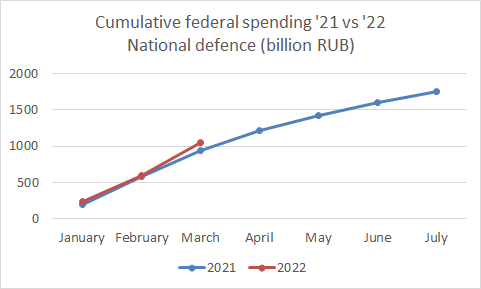
Right now, #Russia is close to its sweet spot in #gas trade with the EU: Volumes are small, putting pressure on the EU. But prices are so high, that revenues will still be more than enough, higher than in many previous years. And: #Gazprombank remains untouched by sanctions! 1/4
The immediate response to a full gas cut-off should be sanctions against the rest of Russia's banking system, particularly Gazprombank, freezing recently accumulated dollars/euros. This threat is one reason for Russia to keep SOME gas flowing: it's the bank's life insurance. 2/4
Unpopular right now, but: EU will eventually have to cut off the remaining gas imports from Russia itself if it doesn't want to allow Gazprom to remain at the current sweet spot forever. 3/4
Before that, the gas ultimatum proposed by @GeorgZachmann (cheap gas or no gas) could be attempted, but sanctions against Gazprombank have to be part of it. The smaller the remaining gas imports from Russia, the more sense it makes to try, the less there is to lose. 4/4
• • •
Missing some Tweet in this thread? You can try to
force a refresh









